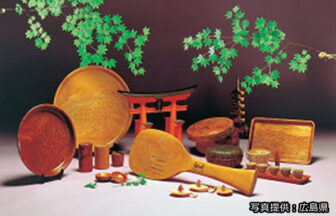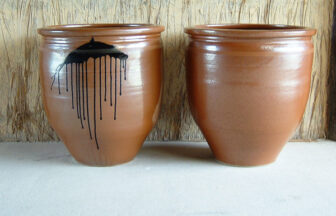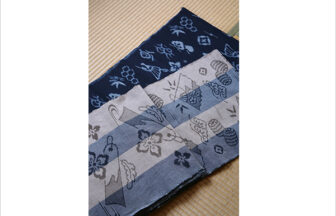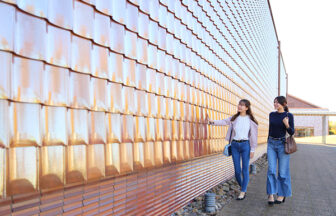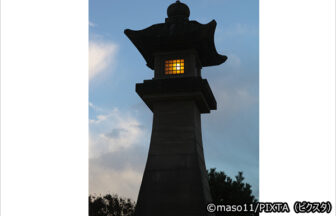Production Area
Okuizumo Town, Shimane Prefecture
Historical Details and Geographic Characteristics
The unshu abacus got its beginnings around 1830, when Kichigoro Murakami, a resident of Kamedake, Okuizumo Town, referenced an abacus from the western part of Hiroshima Prefecture (the Aki region). As the Meiji period approached, many craftsmen had been trained, leading to the formation of a production area.
Unlike the banshu abacus from Hyogo Prefecture where the goal was mass production, the unshu abacus focuses more on retaining the high quality of the piece. This process is known as unshu-shiki, and the hand crank Asakitch Murakami developed to shape the small pellets was designated as one of Japan’s Tangible Cultural Properties in 2006.
The successful spread of the unshu abacus can be attributed to both its high quality and the peddling of the abacus. As the name unshu abacus spread, along with its peddling to government agencies during land surveys beginning in 1885, the unshu abacus became even more well-known.
Despite the industrialization of the manufacturing process in the 1950s, handmade techniques are still being preserved, particularly that of the high-quality abacus which is carefully made by skilled craftsmen.
Main Retailer/Exhibition Facility
Unshu Soroban Cultural Hall
| Address | 992-2 Yokota, Okuizumo Town, Shimane Prefecture |
|---|---|
| Phone | 0854-52-0369 |
| Hours of Operation | 10:00 a.m. – 4:30 p.m. |
| Closed | Mondays, Fridays (If these fall on a holiday, the hall will close the following day), Year-end/New Year holidays |
| Admission Fee | Adults: 360 yen, High School / College Students: 210 yen, Elementary / Middle School Students: 150 yen |
| URL | http://fish.miracle.ne.jp/us88/kaikan.html |





